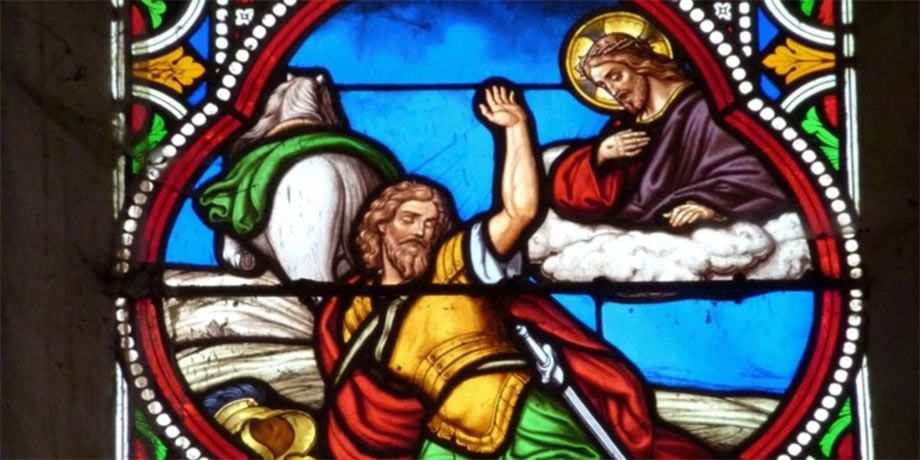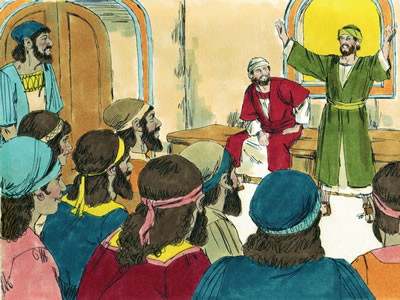
What happened at Antioch, as we read in the Acts of the Apostles 11:19-26, when some of the believers decided to go out and preach to the Greeks has been variously called an experiment, a revolution, a new direction or a new movement. No matter how we may describe this decision to reach out to the Greeks in Antioch, it is hard to ignore its historical significance. If this decision hadn't been taken and if Barnabas had not persuaded Paul of Tarsus to come down and spend a year living with this amazing community in Antioch, the future of the Church would have been so different.

I think this was Paul’s second conversion. He met Jesus on his way to Damascus. This was an individual experience which left him wandering in the desert for three years and unable to gain the trust of the apostles in Jerusalem. So, he went back home to struggle with a whole lot of questions and very few answers. The second was when he accepted Barnabas’ invitation to go down to Antioch and see what was happening there. It must have blown his mind to see people coming together regardless of gender or ethnicity or class to pray and break the bread and share their stories about Jesus. We don’t know much about these people except that they were the first ones to call themselves “Christians.” Thank God for the “Antioch” experience. In many ways, we are still learning from them by simply allowing the Spirit to move in ways that are often surprising and even disturbing in the Church today. I think “synodality” is part of that journey which reaches back to “Antioch.”